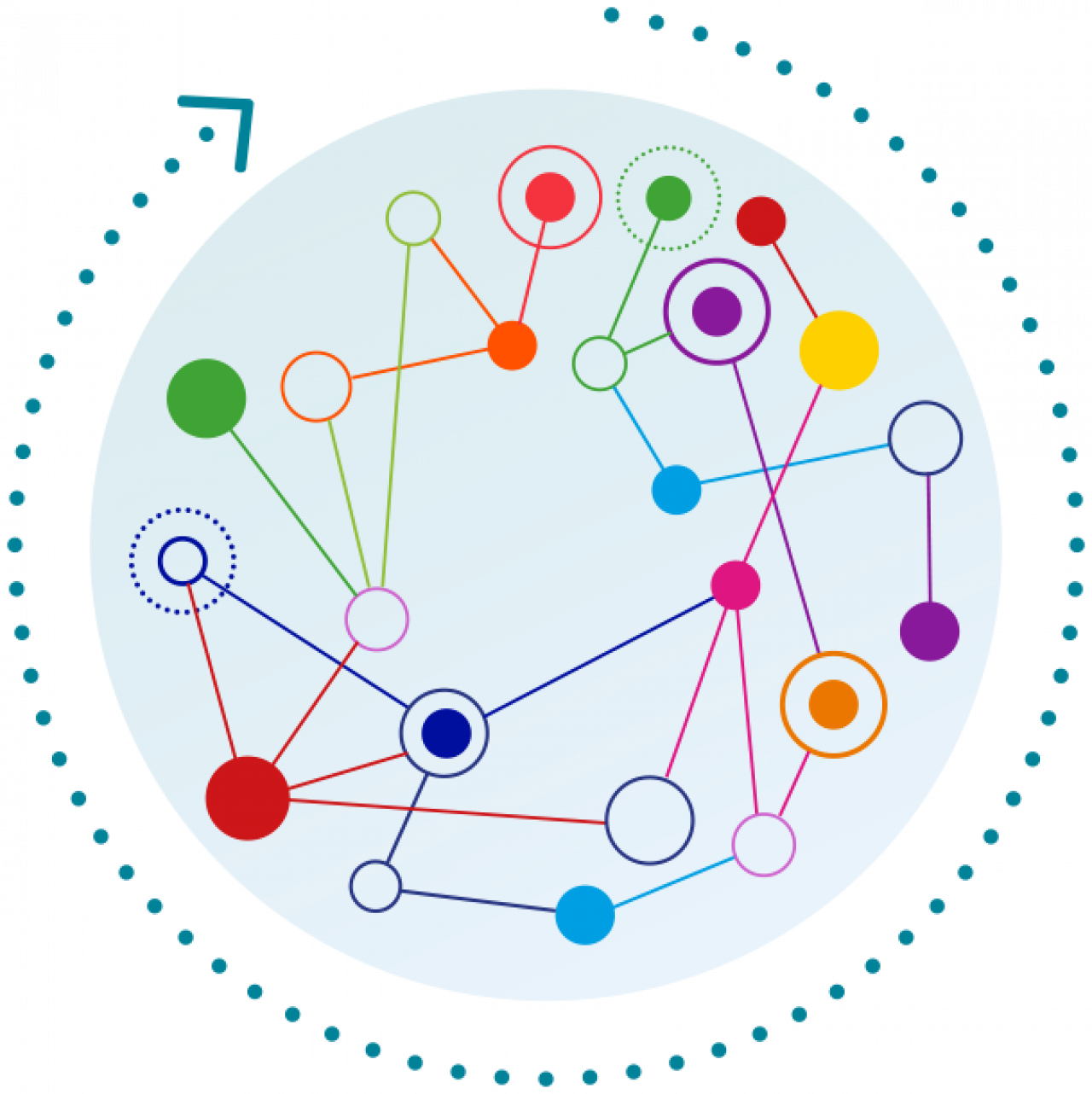
Educational Ecosystems 360: Territories Connected for Equity is the title of the Annual Workshop of the Education Alliance 360, which was held 5 February 2020 in Barcelona. The Education Alliance 360, spearheaded by the Provincial Council of Barcelona, the Jaume Bofill Foundation and the Federation of Pedagogical Renovation Movements of Catalonia (FMRPC), reinforced its focus on improving equity and getting educational activity to “expand beyond” the school.
The objective of last Wednesday’s session was to reflect on how local educational ecosystems can make education a true force for change and improvement on behalf of equity. What conditions are needed to achieve this? What are the main barriers to be overcome to increase educational opportunities for everyone? What policies, actions and strategies are effective locally to expand and enrich the educational trajectories of the most vulnerable children and adolescents? What strategies and tools is the country using to connect lessons, stakeholders and educational spaces, and what impact do they have on equity? Do they generate meaningful learning that is accessible to everyone? How should the network of local educational agents be organised, and how should they be governed and led? What can we learn from the strategies being spearheaded in Boston to combat the gap in educational opportunities? What policies and actions do we need as a country to guarantee the right to education in a broad sense?
The workshop was used not only to share and reflect in five simultaneous debates on the different types of connections that should be promoted locally to work towards educational equity, but also to learn about eight inspiring practices led by a variety of stakeholders through a talk by Chris Smith, president and director of Boston After School & Beyond.
Boston After School & Beyond is an organisation that seeks to ensure that every child in Boston has the opportunity to develop their educational, social and personal potential. The role of Boston After School & Beyond is to expand the opportunities for all students in the city to learn and develop soft skills by mobilising and connecting all the educational stakeholders who interact in education, both inside and outside school. The president of the organisation, Chris Smith, spoke about the strategies and programmes it has conducted to combat the gap in educational opportunities, as well as the important role of local entities and the impact of its actions on improving equity.
Boston currently has a coalition of more than 70 community education organisations working within a single soft skills framework. Furthermore, the city has set aside a line of financing to fund educational activities outside school (extracurricular and summer) provided by both schools and community social-educational organisations.
As we discussed in the last ON BOARD Transnational Meeting in Tallinn, promoting and enriching local educational ecosystems is a key strategy to improve the conditions of equality because connecting educational stakeholders, spaces, lessons and times has an extraordinary potential to combat educational inequalities.
In this context, the leadership of the local administration and the regional perspective are essential in promoting connected learning networks where all the educational stakeholders are aligned to work in the same direction, establishing common proposals and shared agendas that improve educational opportunities for everyone.
